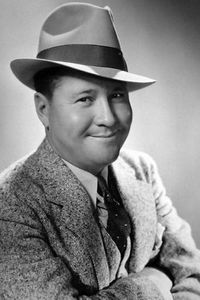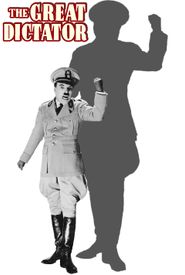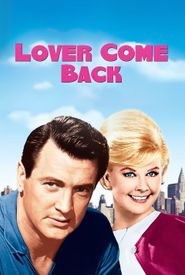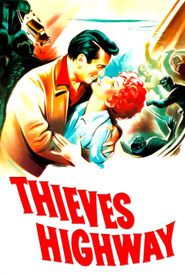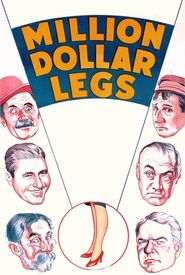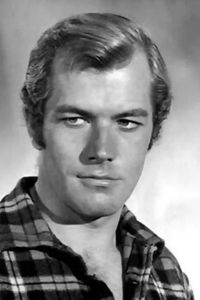Jack Oakie, also known as "America's Joyboy," was a renowned comedian and actor of the Golden Age of Hollywood. Despite being functionally deaf throughout his career, he managed to become a performing success through his unique brand of comedy, which included his famous "triple take" and participation in Broadway and Hollywood musicals.
Born Lewis Delaney Offield on November 12, 1903, in Sedalia, Missouri, Oakie's family moved to Muskogee, Oklahoma, where he was raised. He began his career in comedy and mime, eventually taking his first professional curtain call on Broadway in 1923. He went on to appear in numerous comedies and musicals throughout the 1920s, including "Sharlee," "Innocent Eyes," and "Artists and Models."
Oakie's breakthrough in films came in 1927, when he relocated to Los Angeles and made several non-talkies, including "Finders Keepers" and "The Fleet's In." With the advent of sound, he signed a contract with Paramount and appeared in his first talkie, "The Dummy," in 1929. He went on to support Wallace Beery in "Chinatown Nights" and starred alongside Evelyn Brent in "Fast Company."
Throughout the 1930s, Oakie became known for his light-hearted comedies, including "College Humor," "College Rhythm," and "Collegiate." He also appeared in dramas such as "Dancers in the Dark" and "Sky Bride." In 1934, his contract with Paramount ended, and he began freelancing, eventually signing with RKO.
Oakie's career continued to flourish in the 1940s, with notable roles in films such as "Call of the Wild," "Colleen," and "The Toast of New York." However, he suffered a career setback in the late 1930s, which lasted nearly two years until he was rediscovered by Charles Chaplin. Oakie's most iconic role came in 1940, when he played Benzino Napaloni, the dictator of the fictional country of Bacteria, in Chaplin's classic "The Great Dictator." This performance earned him his only Oscar nomination.
In addition to his film work, Oakie also found success on radio, hosting his own show, "Jack Oakie's College," between 1936 and 1938. He continued to work in television throughout the 1950s and 1960s, appearing on shows such as "The Real McCoys," "Daniel Boone," and "Bonanza."
Oakie was married twice, first to Venita Varden from 1936 to 1945, and then to actress Victoria Horne in 1950. He died on January 23, 1978, at the age of 74, from an aortic aneurysm. His legacy continues to be celebrated through the USC School of Cinematic Arts' Jack Oakie and Victoria Horne Oakie Charitable Foundation, which provides scholarships to students.
